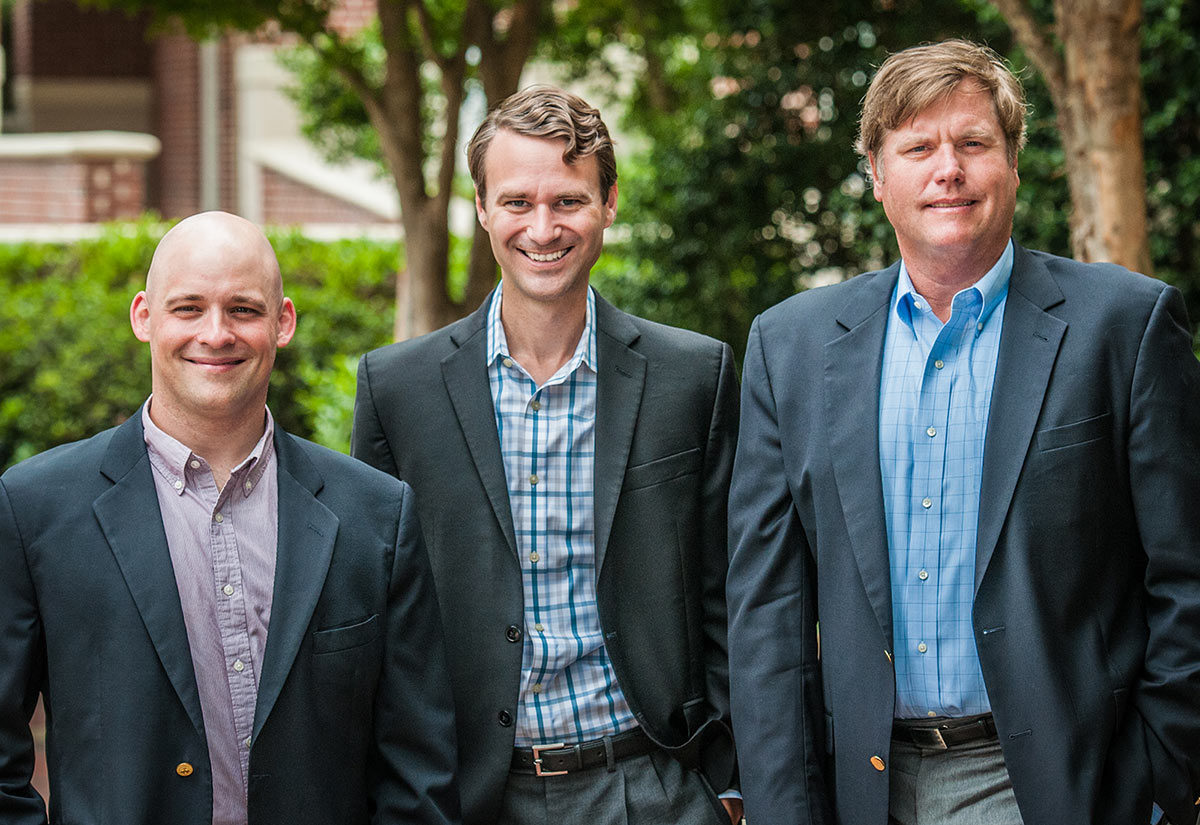I talk a lot about the importance of mobilizing grassroots advocates to tell their stories to elected officials in personal ways—especially through letters and meetings.
Every study of the most effective forms of legislator communication will tell you the same thing: Your chances of winning your issue are directly tied to the personal communications you generate. You can read the latest here.
But most organizations can’t do it.
Why?
They make the mistake of not building personal relationships with the very advocates they’re asking to build personal relationships with elected officials.
More colloquially: You should expect to get out of a relationship only what you put into it.
Engaging your advocate audience is only the first step. By regularly touching base, you’re only scratching the surface.
You need to invest the time and effort to have a real conversation. Learn about their interests. Deliver personalized content based on those interests. Prove that you care by paying attention.
Delivering personal communications doesn’t need to be expensive.
When I managed the advocacy program at JDRF, we would send a 30-second automated message recorded by a volunteer to each new advocacy registrant. We thanked them for investing their time with us and let them know where they could reach out with questions. I never got more positive feedback on a tactic. It just took a few minutes to write the script and pennies for each delivered call.
Create a short SurveyMonkey survey and ask your advocates about their preferences and motivations.
A short, well-timed personal email or phone call from your staff to find out how an advocate is doing is gold. Even better, empower a volunteer leader that lives near that advocate to do it.
Most advocates are never asked about what moves them. They typically don’t have personal interactions with organizations for which they advocate.
The few minutes it takes to write this email or make this phone call dramatically increases the chances of that advocate completing a more personal, time-consuming action when the time comes.
They’ll make time to do this for a friend–maybe not for an organization.
You need to earn the right to ask your advocates to invest the time to build the personal relationships with elected officials that win legislative battles.
How do you develop personal relationships with your advocates? Let me know at mike@relateadvocacy.com.


